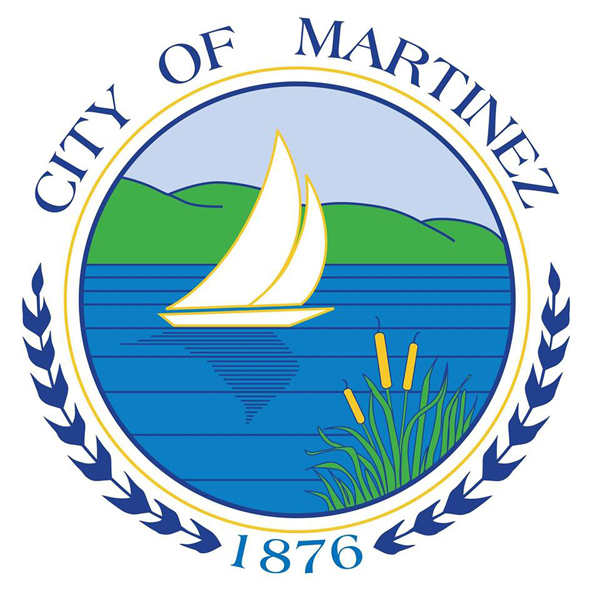MARTINEZ, Calif. – Tonight, the city council will be asked for guidance on the Project Labor Agreement (PLA) negotiation between the City of Martinez and the Contra Costa Building Trades and Construction Council (BTC). It will mandate union labor on city infrastructure projects of $1 million and more.
The City council passed a resolution establishing a PLA policy modeled on the Contra Costa County’s PLA in Nov. 2014, but never executed an agreement with the BTC.
After a year of negotiations, the parties have reached an impasse on several points, according to City Manager Eric Figueroa’s report.
The City wants the PLA to apply to new projects only, not maintenance and repairs. The BTC disagrees.
There is the issue of monitoring the BTC commitment to make a good faith effort hire at least 25 percent of the workers from the local area. A major reason for agreeing to a PLA is to help create local jobs.
Most people look at it in layers. First in Martinez, then places like Concord, Pleasant Hill, Pinole, and then the County would probably be considered local, according to a BTC representative.
Also, City staff wants to allow contractors to use up to five (5) core workers. Figueroa explained it this way, “Core worker provisions are important for specialty contractors and for smaller, local contractors who maintain a regular workforce with which they are familiar… such a provision is important to lowering the barrier for these contractors to participate in project work and for cost containment.”
A PLA is unlike a regular city-worker union agreement because it includes a group of unions making a deal with the public entity to see that big infrastructure projects are built according to the terms of the Project Labor Agreement made between the city and the labor council.
California law requires that all workers on government jobs receive a “prevailing wage,” and that includes benefits. Essentially that turns out to be the same for union and non-union workers, regardless of the PLA.
Government agencies use a PLA to avoid costly strikes and delays on major projects. With the agency (city) agreeing in advance, that all workers will be hired through the union hall, the union agrees not to strike or delay the project. If a non-union contractor wins the bid on a project, his workers will have to be hired through the union hall and contribute their share to the union’s benefit fund, whether or not they may receive those benefits later. Actual PLA agreements are complicated, but that is the concept.
Some say that PLAs result in a higher project to cost. Unions leaders argue that PLAs reduce costs in the long run because the union is making sure projects run smoothly. There are statistics to support both positions.
The following is a cursory look at some issues involved in this PLA. The City wants to be able to use some of its own workers on big projects, and the BTC wants only union labor. The BTC contract does not have a termination date. That means it goes on forever, and city negotiators require an end date. The City wants to be able to buy pre-built materials and the BTC would limit that.
The City has the desire to create a “clear delineation between construction work and pre or post-construction work.” BTC wants follow-up work done by union workers.
The details and documents regarding this agreement are available at the city website, as attachments to the City Council agenda for Oct. 23, 2019.
Council meets Wed., Oct. 23 at 7:00 p.m. at City Hall, 525 Henrietta Street, Martinez.


